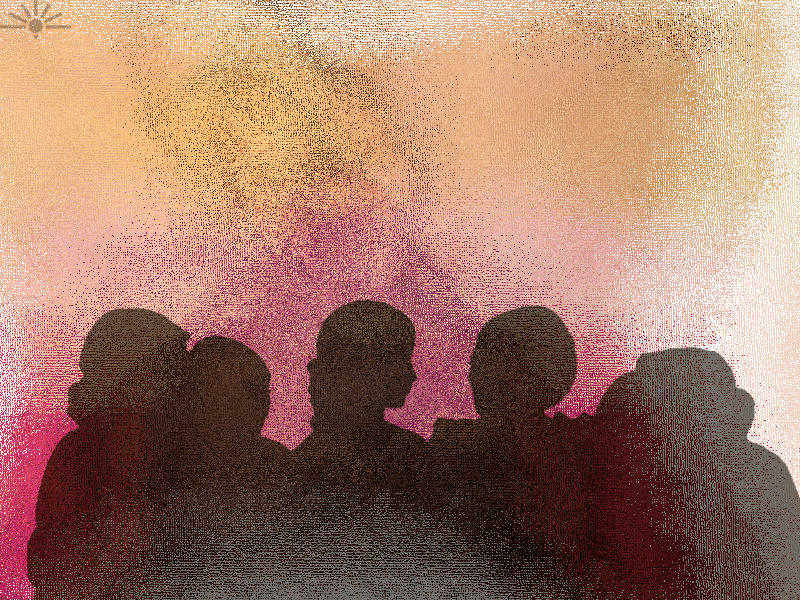Displaced Women: From Violations to Voice
Afghanistan, India and Pakistan Cases Show How to Strengthen Women and End Impunity
People forced from their homes amid conflict—the majority of them women—face threats of deprivation, discrimination and a militarized society. During a forum hosted by the U.S. Institute of Peace and the Women’s Regional Network, speakers discussed possible model solutions in Afghanistan, India and Pakistan for displaced women and girls.

The study, conducted by the Women’s Regional Network, suggested the use of regional tribunals and “community conversations” as possible mechanisms for exploring women’s experiences, fears and contributions, and for strengthening their often unrecognized contributions to justice, peace and social reintegration.
The researchers and other experts on the panel explored the humanitarian impact on internally displaced women, the obligations of states under national and international human rights law to protect them and the findings outlined in the network’s study. The meeting was a part of USIP’s Lessons Learned Working Group on Gender Programming.
Speakers
Kathleen Kuehnast
Senior Gender Advisor, USIP
Patricia Cooper
Founder and Convener, Women’s Regional Network
Rita Manchanda
Research Director, South Asia Forum for Human Rights (SAFHR); WRN Tribunal Preparatory Committee Member
Joan Timoney
Senior Director of Advocacy and External Relations, Women’s Refugee Commission
Kristen Cordell
Senior Advisor, Bureau for Policy, Planning and Learning, U.S. Agency for International Development
Stephenie Foster, Moderator
Senior Advisor and Counselor to the Ambassador-at-Large for Global Women’s Issues, U.S. Department of State
Rukhshanda Naz
Former Head, UN Women Pakistan (KP-FATA); Executive Director, Legal Aid, Awareness Services (LAAS); WRN Tribunal Preparatory Committee Member
Clare Lockhart
Director and Co-Founder, Institute for State Effectiveness
Belquis Ahmadi
Senior Program Officer, Asia Center, USIP
Najla Ayubi, Moderator
Former Deputy Country Representative, Asia Foundation, Afghanistan; WRN Board/Tribunal Preparatory Committee Member



